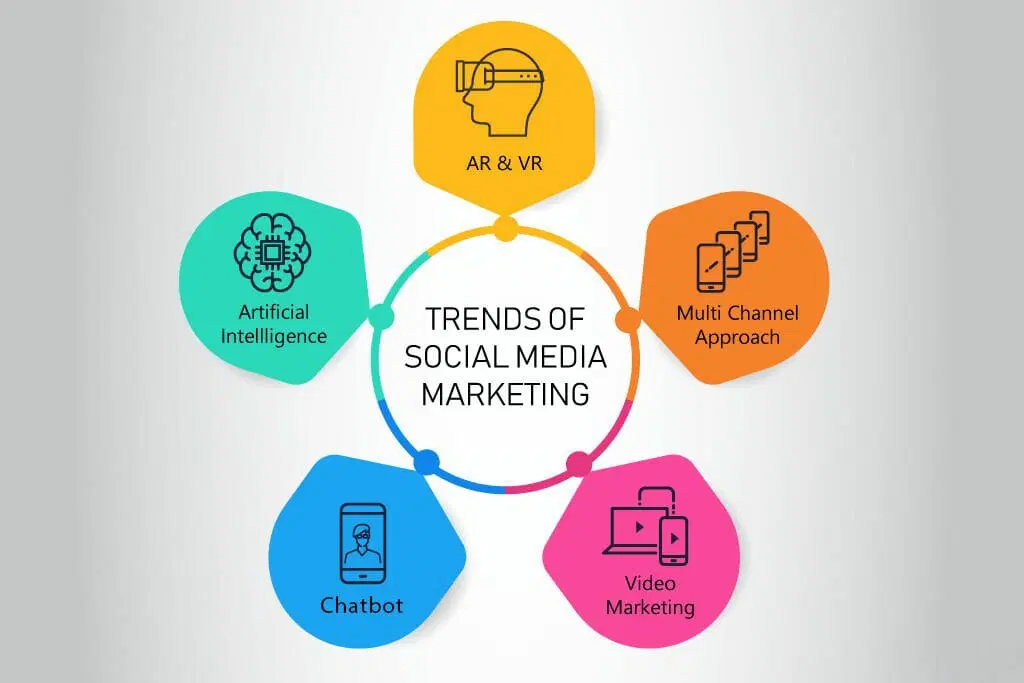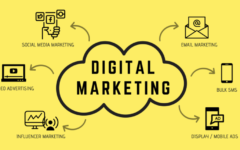Latest Social Media Marketing Trends
July 18, 2024 2024-07-19 10:39Latest Social Media Marketing Trends
Latest Social Media Marketing Trends – For businesses that wish to bring their customers to new levels of meaning with the rapid pace of social media marketing, keeping themselves at the peak of the trends is a must to remain competitive. A bunch of novelty and originality are transforming the social media marketing world in 2024, and it continues.
Latest Social Media Marketing Trends
Short-form video content continues to reign supreme on platforms like TikTok, Instagram Reels, and YouTube Shorts. These bite-sized videos, often 15 to 60 seconds long, captivate audiences with their quick, engaging, and easily digestible format. Brands are leveraging this trend by creating catchy, relatable, and often humorous content that encourages user interaction and sharing.
Tips for Marketers:
- Encourage user-generated content and challenges.
- Focus on storytelling within the first few seconds.
- Use trending music and effects to increase visibility.
Live Streaming and Real-Time Engagement have developed into an effective tool for audience participation in real time. Brands have the chance to interact directly and authentically with their followers through platforms like Twitch, Facebook Live, and Instagram Live. Product premieres, live Q&A sessions, behind-the-scenes tours, and live lessons are becoming more and more common.

Tips for Marketers:
- Promote your live sessions in advance to maximize attendance.
- Interact with viewers by responding to comments and questions in real time.
- Analyze post-event data to understand viewer preferences and improve future streams.
Social Commerce Evolution
Social commerce is evolving rapidly, with platforms like Instagram, Facebook, and Pinterest integrating shopping features directly into their apps. This seamless shopping experience allows users to discover products, get inspired, and purchase without leaving the app. Brands create shoppable posts, stories, and videos to drive sales directly from social media.
Brands with an engaged social media community will win in 2024
Social media is no longer just a platform for broadcasting messages; it’s a space for two-way communication, relationship building, and community development. Engaged communities translate to loyal customers, brand advocates, and increased sales.
- Trust and Loyalty: Engaged followers feel a connection to the brand, which fosters trust and loyalty. These followers are likelier to repeat purchases and recommend the brand to others.
- User-Generated Content (UGC): An active community often generates content on behalf of the brand. UGC serves as an authentic endorsement and can significantly amplify a brand’s reach.
- Real-Time Feedback: Engagement allows brands to receive immediate feedback on products, services, and campaigns. This feedback is invaluable for making timely improvements and showing customers that their opinions matter.
- Algorithm Favoritism: Social media algorithms prioritize content that receives higher engagement. Posts with more likes, comments, and shares are more likely to appear in users’ feeds, increasing visibility and reach.
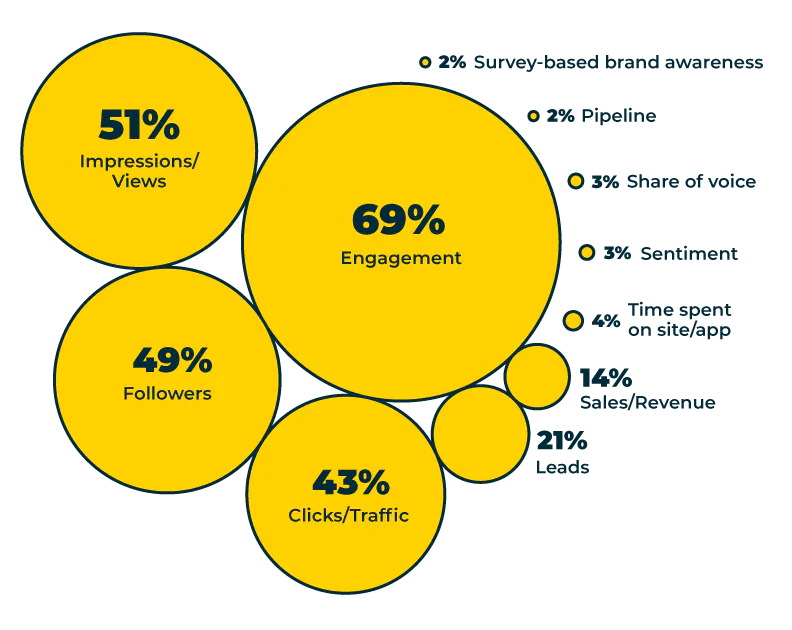
Strategies for Building an Engaged Community
- Authenticity resonates with audiences Brands should strive to be genuine and transparent in their communications. Sharing behind-the-scenes content, company values, and stories about the team can humanize the brand and build a deeper connection with followers.
- Unprompted promotion of your brand Do you have superfans who follow your every move and share your products with their friends? Some people might call these folks brand ambassadors.
Tips :
- Share stories that reflect your brand’s mission and values.
- Be honest about challenges and setbacks.
- Show appreciation for your community’s support.
Social Media is the future of E-commerce
The practice of directly selling goods through social media platforms, or social commerce, is quickly taking off. Users may find and buy things without ever leaving an app because of the integration of seamless shopping experiences by platforms like Facebook, Instagram, TikTok, and Pinterest.
- Seamless Shopping Experience: Social media platforms have integrated shopping features that enable users to browse, compare, and purchase products without leaving the app. This reduces friction in the buying process and increases conversion rates.
- Discovery and Inspiration: Social media is inherently visual and discovery-driven, making it an ideal platform for users to find new products. Influencers, advertisements, and user-generated content (UGC) serve as powerful sources of inspiration.
- Community and Engagement: Social media fosters a sense of community and engagement around brands. This interaction builds trust and loyalty, essential elements for repeat purchases and long-term customer relationships.
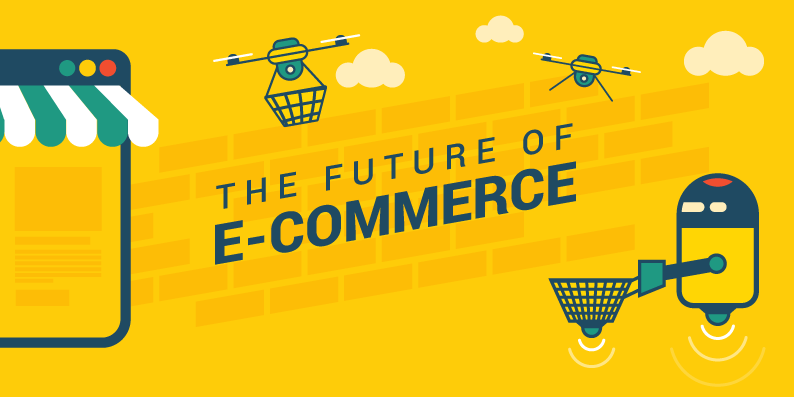
- Shoppable Posts and Stories Platforms like Instagram and Facebook have introduced shoppable posts and stories, allowing businesses to tag products directly in their content. Users can click on these tags to view product details and make a purchase, streamlining the shopping experience.
- Influencer Marketing remains a powerful tool for driving sales on social media. Influencers can create relatable and engaging content that resonates with their followers, effectively promoting products and brands.
- Live shopping events on platforms like Instagram Live, Facebook Live, and TikTok Live are gaining popularity. These real-time events allow brands to showcase products, interact with viewers, and answer questions, creating an interactive shopping experience.
- Cost-Effective Marketing Compared to traditional advertising channels, social media marketing is often more cost-effective. Businesses can reach a large audience with targeted ads, influencer partnerships, and organic content, maximizing their return on investment.
Search engines lose steam as consumers turn to social search
The term “social search” describes the process of looking for information, suggestions, and reviews regarding goods and services on social networking sites. Utilizing the pooled knowledge and experiences of people within social networks, social search differs from standard search engines that index and rank online sites based on algorithms.
- Visual and Engaging Content: Social media platforms like Instagram, TikTok, and Pinterest are inherently visual and interactive. Users are drawn to images, videos, and stories that make discovery more engaging and enjoyable compared to the text-based results of traditional search engines.
- Authenticity and Trust: Consumers are increasingly skeptical of traditional advertisements and search engine results. Social search offers a sense of authenticity as users seek out recommendations and reviews from friends, influencers, and online communities they trust.
- Community and Interaction: Social media platforms foster communities where users can interact, share experiences, and seek advice. This communal aspect enhances the search experience, making it more personal and relevant.

- Embrace Visual Content Visual content is at the heart of social search. High-quality images, engaging videos, and eye-catching graphics are essential for capturing users’ attention and driving engagement.
- Leverage Influencer Marketing Influencers are powerful allies in the social search landscape. Partnering with influencers who align with your brand can significantly boost visibility and credibility.
- Foster Community Engagement Building a strong online community is crucial for success in social search. Engage with your audience through interactive content, live sessions, and meaningful conversations.
- Optimize for Social Platforms Just as SEO is vital for search engines, optimizing your content for social media platforms is essential. Each platform has unique algorithms and best practices that can enhance your visibility.
Data will drive social media marketing budgets
Data-driven marketing involves making decisions based on data analysis and interpretation. This approach allows marketers to craft more targeted, personalized, and effective campaigns. In the context of social media, data provides insights into audience behavior, content performance, and overall campaign effectiveness.
- Enhanced Targeting and Personalization Data allows marketers to understand their audience at a granular level. By analyzing demographic, psychographic, and behavioral data, brands can create highly targeted campaigns that resonate with specific segments of their audience.
- Optimized Content Strategy Data provides insights into what types of content perform best with your audience. By analyzing metrics such as likes, shares, comments, and click-through rates, brands can refine their content strategy to focus on high-performing content.
- Accurate ROI Measurement One of the biggest challenges in marketing is measuring return on investment (ROI). Data analytics tools allow marketers to track the performance of their campaigns in real-time and adjust their strategies accordingly.
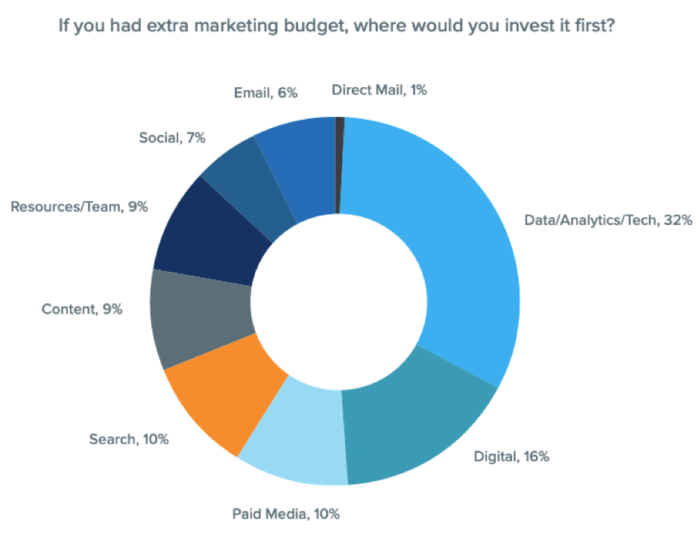
- Cost Efficiency Data-driven marketing helps identify the most cost-effective channels and tactics. By focusing on strategies that deliver the highest ROI, brands can allocate their budgets more efficiently.
- Utilize Advanced Analytics Tools Investing in advanced analytics tools is essential for gathering and interpreting data. Tools like Google Analytics, Facebook Insights, and third-party platforms such as Hootsuite and Sprout Social offer comprehensive analytics capabilities.
- Implement A/B Testing involves comparing two versions of a piece of content or campaign to see which performs better. This method is highly effective for optimizing various aspects of your social media strategy.

